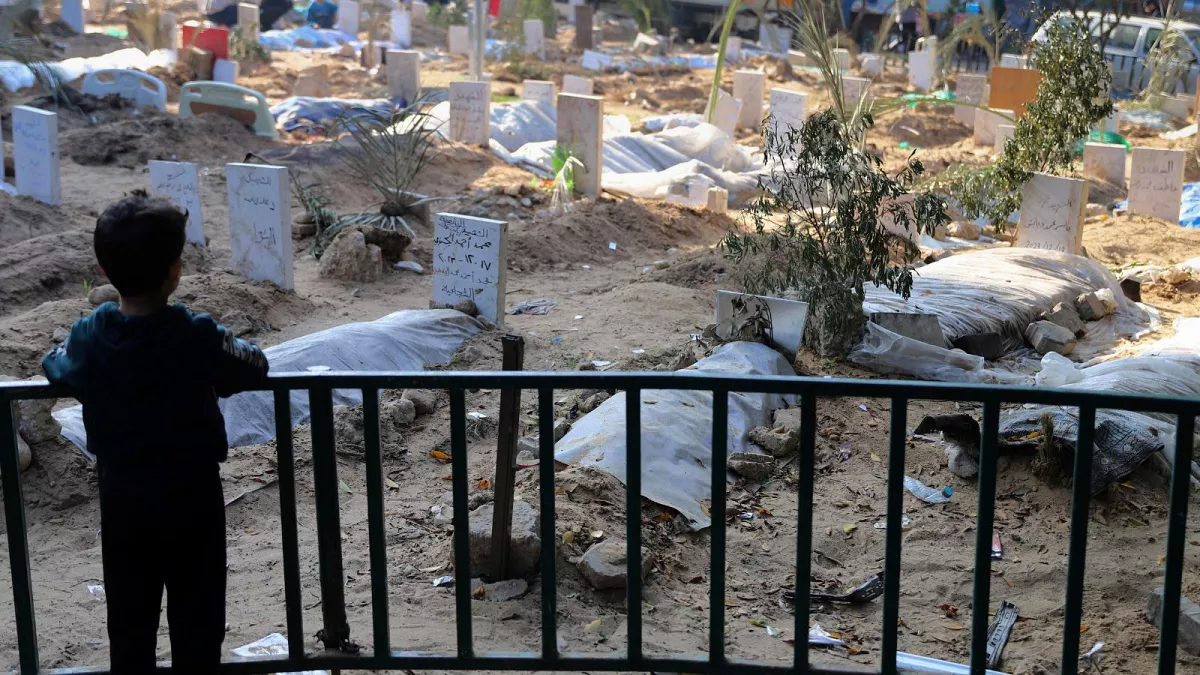## Introduction
In a surprising turn of events, South Africa has recently submitted a request to the International Court of Justice (ICJ) for an interim measure to prevent Israel from committing acts of potential genocide. This request, which calls for a halt to combat operations, has gained significant urgency and relevance. As legal teams assemble and countries show their support for South Africa, Israel has decided to defend itself in court, a departure from its long-standing policy of boycotting the ICJ. With the first hearing scheduled for January 11th and 12th, the ICJ may issue a provisional ruling within weeks.
The Growing Trend of Provisional Measures
South Africa’s request for a provisional ruling aligns with a broader trend at the ICJ. In the past decade, the court has indicated provisional measures in 11 cases, surpassing the number issued in the first 50 years of its existence. These measures, similar to interim injunctions issued by national courts, aim to freeze the legal situation between parties until a final judgment is reached. While doubts existed regarding the binding nature of these measures, the ICJ clarified in the LaGrand judgment of 2001 that they are indeed binding, considering the court’s role in judicial settlement of international disputes.
However, compliance with these measures has not been consistent. A US lawyer, Mattei Alexianu, found that state parties complied with the court’s measures in only 50% of cases. In some high-profile instances, such as Ukraine v Russia in 2022, the Gambia’s claims of genocide against Myanmar in 2020, Nagorno-Karabakh, and US sanctions on Iran, the losing state party simply defied the court. The likelihood of compliance seems to decrease when adverse rulings challenge a country’s sense of national sovereignty.

The Potential Impact of an Adverse Ruling on Israel
While it remains uncertain whether Israel would comply with an ICJ order to change its military tactics or desist from acts ruled as genocide, the reputational damage resulting from such a ruling would be substantial. Israel’s decision to defend itself at the ICJ, as a signatory to the genocide convention, makes it harder to dismiss an adverse finding. Although the court does not need to determine the intent to destroy a group at the provisional measures stage, a ruling against Israel could have implications for its military campaign and potentially lead to modifications.
South Africa’s Substantive Claim and Legal Strategy
South Africa’s claim, an 80-page document, meticulously argues Israel’s genocidal intent. It extensively references senior UN officials and reports to support its case. The legal team representing South Africa in The Hague consists of highly skilled professionals.

